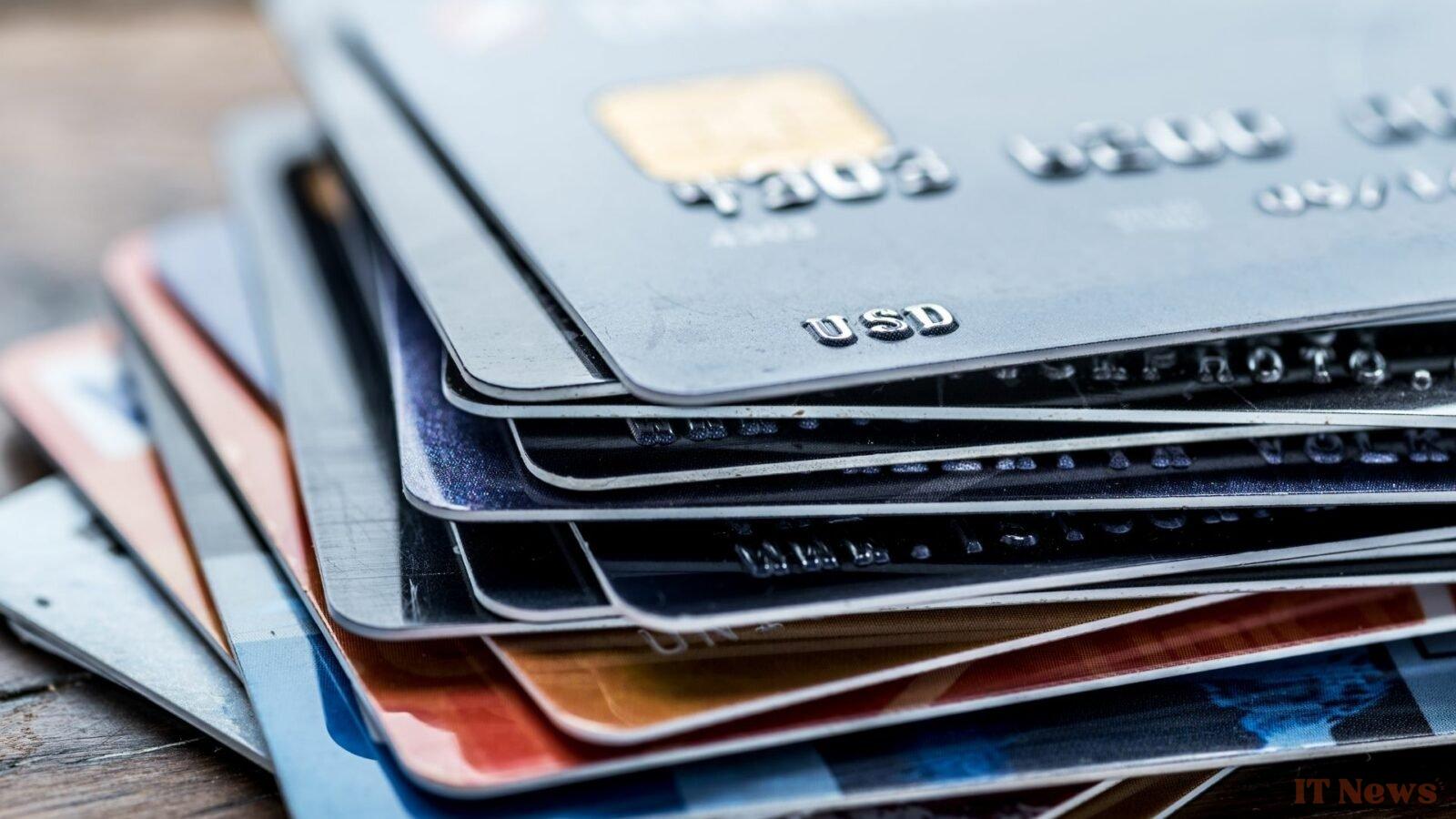Exit bank cards: according to a new study conducted by Mangopay among 5,000 consumers in Europe, nearly 4 out of 10 French people already use wallets integrated into their favorite apps to pay for their purchases and get reimbursed.
In line with this dynamic, the payment wallet has also seen a strong breakthrough since last year, with a 38% reported usage rate, an increase of 6 points compared to 2023 and 14 points in three years. It is one of the payment solutions experiencing the strongest increase in use, just behind contactless. Contactless mobile payment in stores is also one of the preferred purchasing methods for French people. 63% of them said they knew about it and would use it in 2024, an increase of 8 points from 2023.
Will wallets replace bank cards?
The emergence of wallets as financial empowerment tools is not surprising. For many users, especially younger ones, these solutions offer greater control over their spending, simplified budget management, and a better ability to monetize their interactions (resale, services, micro-entrepreneurship). However, this democratization comes with new challenges, linked to the digital divide, data protection, and the ability of platforms to guarantee the security of funds.
This phenomenon is also accompanied by a redefinition of trust. Where banks once embodied security and stability, it is now online sales platforms – Vinted, ManoMano, Malt, Sorare – that command user loyalty. In these cases in particular, the community dimension of payment takes precedence over banking verticality. Receiving a refund in your in-app wallet, benefiting from loyalty points or cashbacks, these are all gestures that reinforce the feeling of belonging and fairness within the platform.
The rise of integrated wallets is not just a matter of technology or business strategy. It reveals, implicitly, a society that aspires to greater fluidity, trust, and personalization in its exchanges. At a time when the lines between commerce, social network, and financial service are blurring, payment is becoming a social act in its own right. Does this mean we should fear the disappearance of traditional bank cards? For the moment, there's little risk: while the digital divide is pushing more and more young people to rely on wallets, the older generation still prefers to rely on the good old physical card.



0 Comments